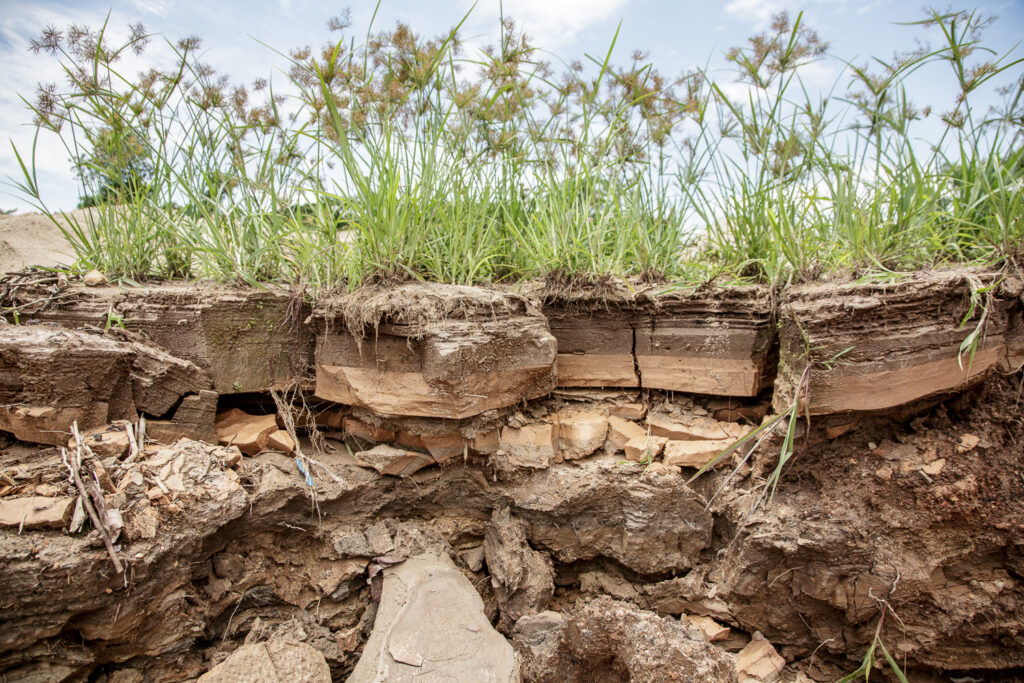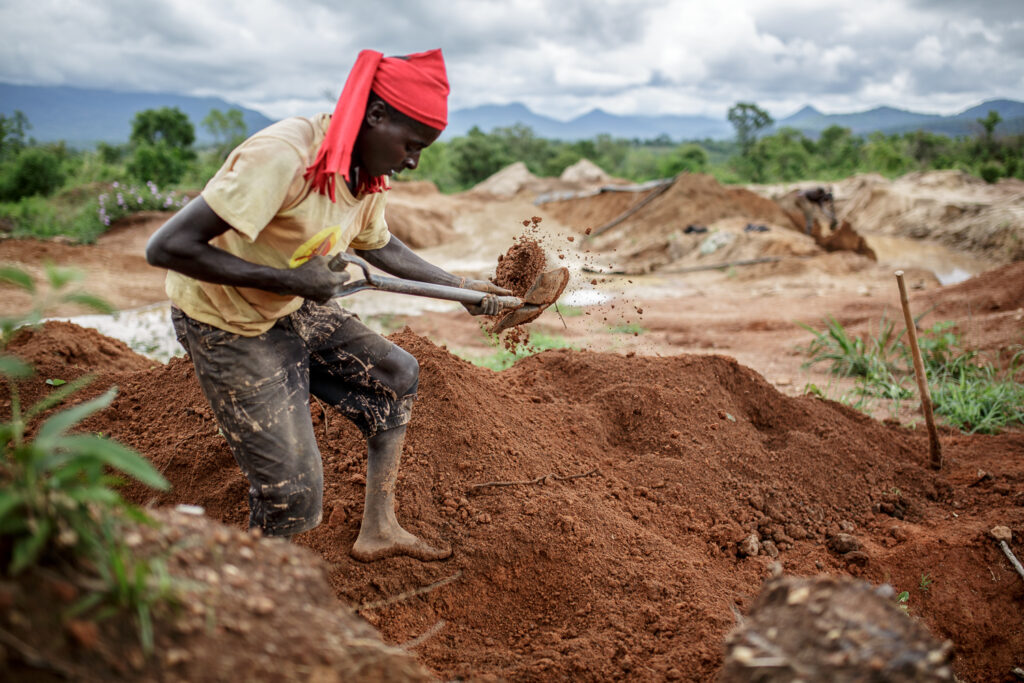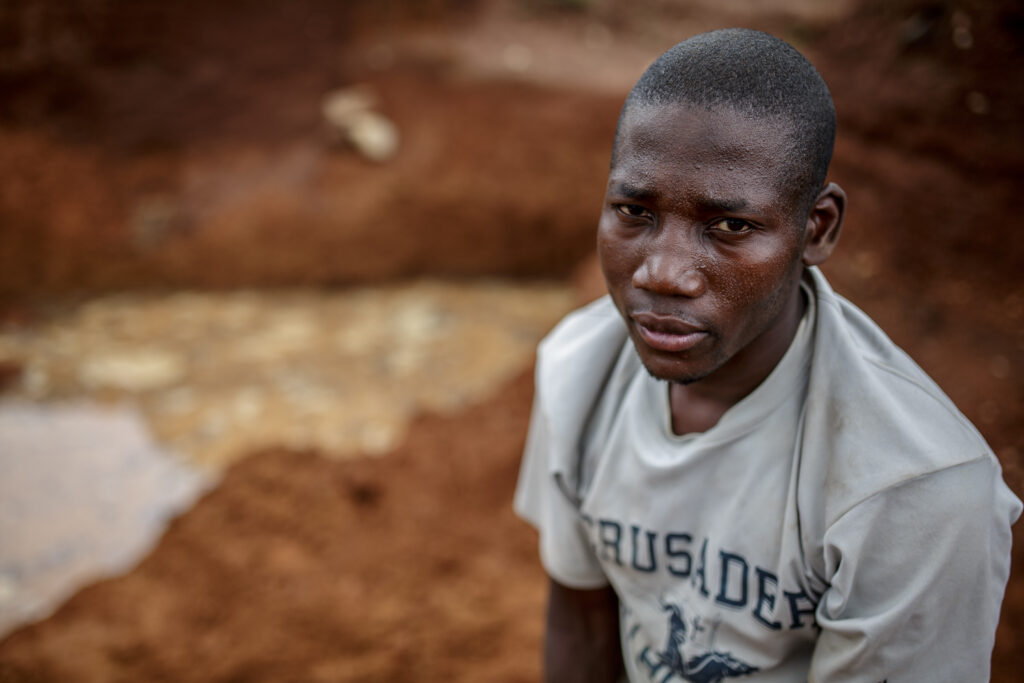Sustainable gold mining in Manica Province, Mozambique
Published in the Mail&Guardian, 2016
















Manica Province in central Mozambique is experiencing a gold rush which has devastating environmental impacts. The concerned government has established artisanal miner’s associations in order to engage in more sustainable mining practices.
Many rivers in central Mozambique are of a deep red colour. The loss of nutrient rich soil is one of the biggest environmental impacts of illegal gold mining in Manica Province. Polluted with muddy sediment and contaminated with heavy metals such as arsenic and mercury, the rivers’ water is not only undrinkable but even harmful for human and livestock consumption or crop irrigation. The water becomes as infertile as the land that is left unsuitable for cultivation, with open pits and abandoned shafts.
Small scale mining has developed into the province’s second largest economic activity after agriculture with about 20.000 mostly illegal gold diggers – garimpeiros in Portuguese – living precariously in the search for survival. Only about 1.500 of the miners are organised in associations and thus operate legally. It took Eduardo Ndunguro, geologist of the provincial mining directorate, more than 7 years to create the Associação Mineira de Bandire in order to license prospecting and engage in sustainable mining practices.
With methods as rudimental as their gold mining, the association’s 300 members avoid contamination of their river Nyamakwio and achieve soil recovery for agricultural use. Instead of taking the auriferous soil to the stream, the water is pumped up to the individual pits. Only there is it dissolved and mixed with mercury to amalgamate the precious metal. After the pits are exhausted, they are refilled with excavated material and ground cover is slowly renaturated. The small river has cleared up with fish coming back; and the association has started replanting indigenous tree species around the village of Munhinga.
Though mining remains the biggest source of water pollution, loss of biodiversity and environmental degradation in Manica province, the association’s efforts have greatly improved life in Munhinga village.